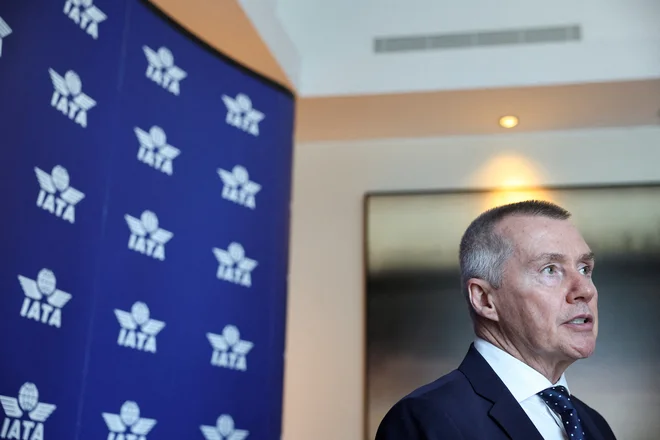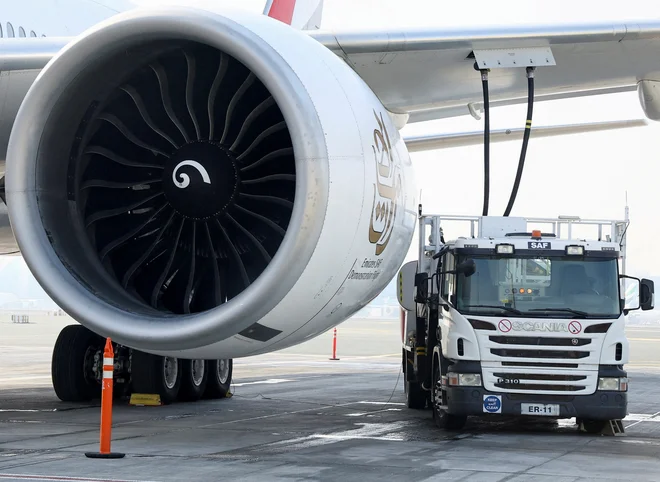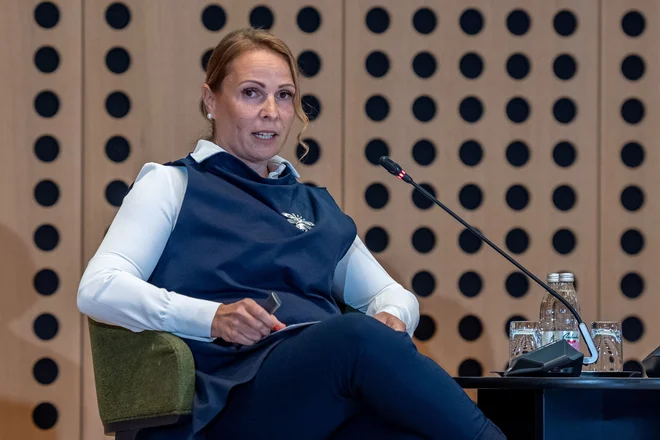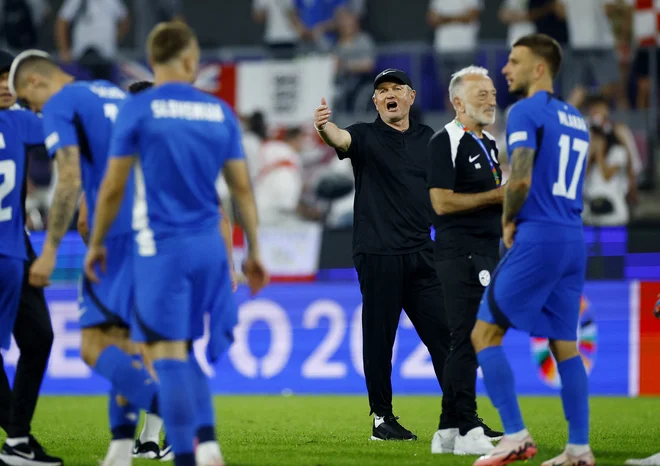Traffic is growing, carbon neutrality is moving away

Air transport increased rugged in all indicators last year, similar to the statistics this year. At the same time, the President of the World Industry Association points out that this transport industry is not good in the efforts of zero emissions, that intermediate goals are also very uncertain, and with the finger, it points to fuel suppliers.
According to the IATATA International Association, air transport has reached new record levels last year. “In 2024, it became quite clear that people wanted to travel. Demand for flights increased by ten percent, their numbers achieved a record in both countries between countries and within them. As many as 83 percent of all seats offered were filled, which is a record, said IATA’s first husband in a report on last year Willie Walsh He added that growth (otherwise slightly smaller) is also indicated for this year, which was confirmed by the data for January and only slightly less for February.
Walsh is less satisfied with the fulfillment of environmental commercial commitments. He said the airlines had invested record amounts in the purchase of sustainable fuel, which was supplied by suppliers barely anything, less than 0.5 percent of everything they needed last year. In a conversation for an agency Reuters said suppliers delayed this delivery.
In the aeronal industry, kerosene obtained from oil have been used, sustainable aviation fuel (English abbreviation SAF – Sustainable Aviation Fuel), however, is a mixture of conventional fossil fuels and synthetic components made from a type of renewable « raw materials », such as used edible oils, fats, vegetable oils, municipal, agricultural and forestry waste.
Willie Walsh: People want to fly more and more. Reducing emissions is not planned. Photo: AMR Alfiky/Reuters
In 2021, airlines committed to achieve carbon neutrality in 2021. Using a holistic approach that takes into account all fuel emissions, greenhouse gas emissions are expected to decrease by as much as 70 percent or more than 90 percent compared to fossil aviation fuel through the use of sustainable airlines.
They also set an intermediate goal to reduce emissions by five percent by 2030. Walsh, who is also a former director of British Airways, is for Reuters Said that this intermediate goal is unattainable, but above all that the rest of the participants in fulfilling this goal do not assume their role. All in all, it is a little reminiscent of motoring, where there were also great such commitments that are now winging.
« They are all for a thing as long as we pay me an account, which is simply unacceptable, » Walsh’s words were. Doubt that the intermediate goal is reachable means a considerable turnaround to the IATA meeting barely ten months ago, when Walsh said that this goal was « existently necessary ». It is now different, he has pointed his finger mainly in fuel suppliers, saying that they ignore the promises made, even though fuel that will have fewer emissions will allocate $ 3.8 billion this year. Reuters he asked the Fuel Europe industry Association for comment, but did not get an agreement.
The revelation of aviation
The A4E (Airlines for Europe) Association (Airlines for Europe) stated in the record at the end of March that they remained fully committed to aviation, reducing emissions and carbon neutrality by 2050, but also added that they are crucial to affordable sustainable fuels. As they wrote, they are deeply concerned that legislation in this field does not create an affordable market for such fuels. They also stated a report by Boston Consulting analytics company, which announces that by 2030 the deficit of these synthetic fuels will be 45 %. A4E adds that the European Commission and Member States must now take responsibility because suppliers do not deliver fuel. Without urgent action in the coming months, in their view, the credibility of the commitment will also be severely undermined – and the necessary re -judgment will be necessary.

Manufacturers are not supposed to supply sufficient sustainable fuel for aircraft. Photo: Rula Rouhana/Reuters
IATA further states that in the direction of a smaller environmental imprint, they are hampered by the fact that the supply of new aircraft is late. Manufacturers’ representatives are apparently Reuters replied that they were fully committed to the production of more efficient aircraft, but that they were burdened by constant problems in the supply chains of components. Let us just mention that the European Airbus consortium has a plan to introduce the successor of its best -selling 320 NEM in the market by mid -range, which is expected to have 20 to 30 percent lower fuel consumption, which is expected to achieve different wings, open rotor engines and lighter torso.
Walsh’s criticism that they do not contribute enough to a common goal are for Reuters also rejected the umbrella associations of airports (ACI Europe) and air traffic controllers (CANSO). The former said they contributed « more than a fair share in aviation revelation, and accused IATA of postponing responsibilities. The umbrella group for control of the CANSO air traffic also said that it is strongly committed to the revelation and increasing the efficiency of the airspace in order to contribute to lower fuel consumption.







